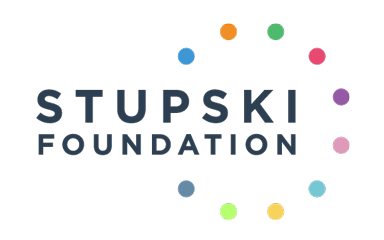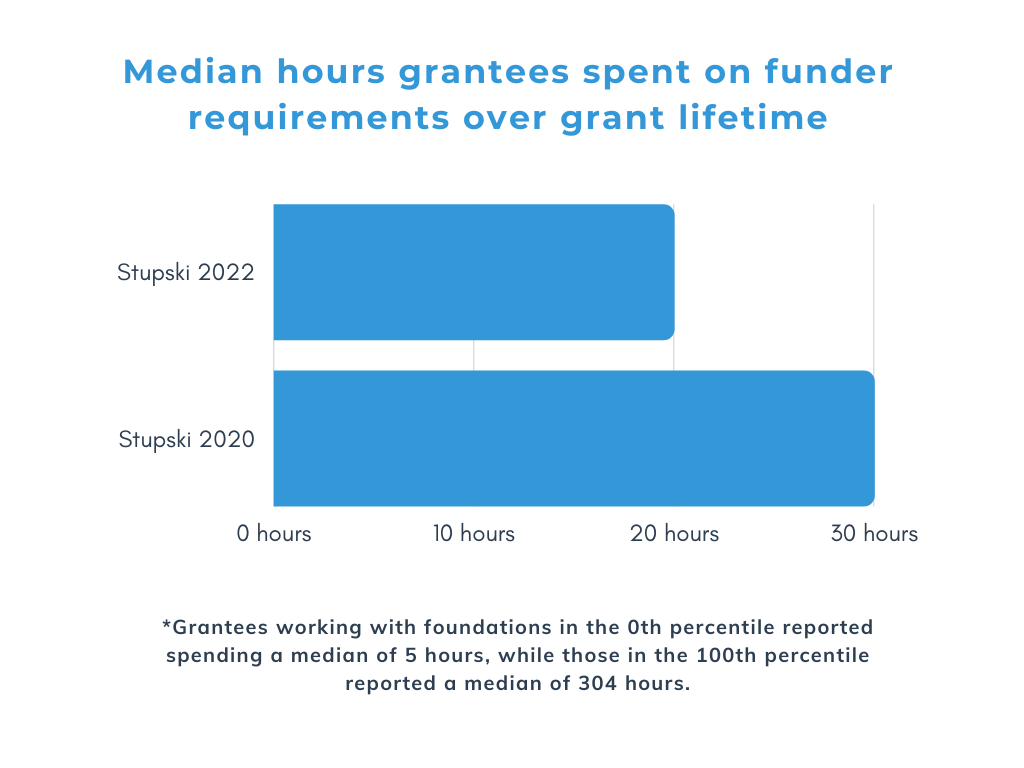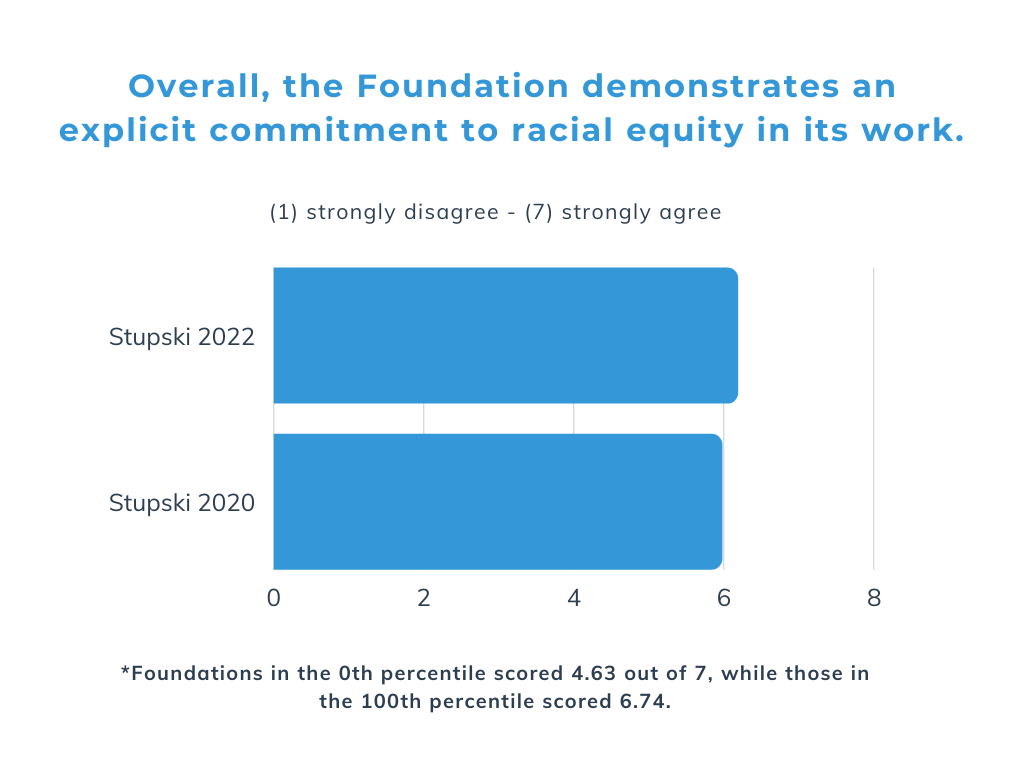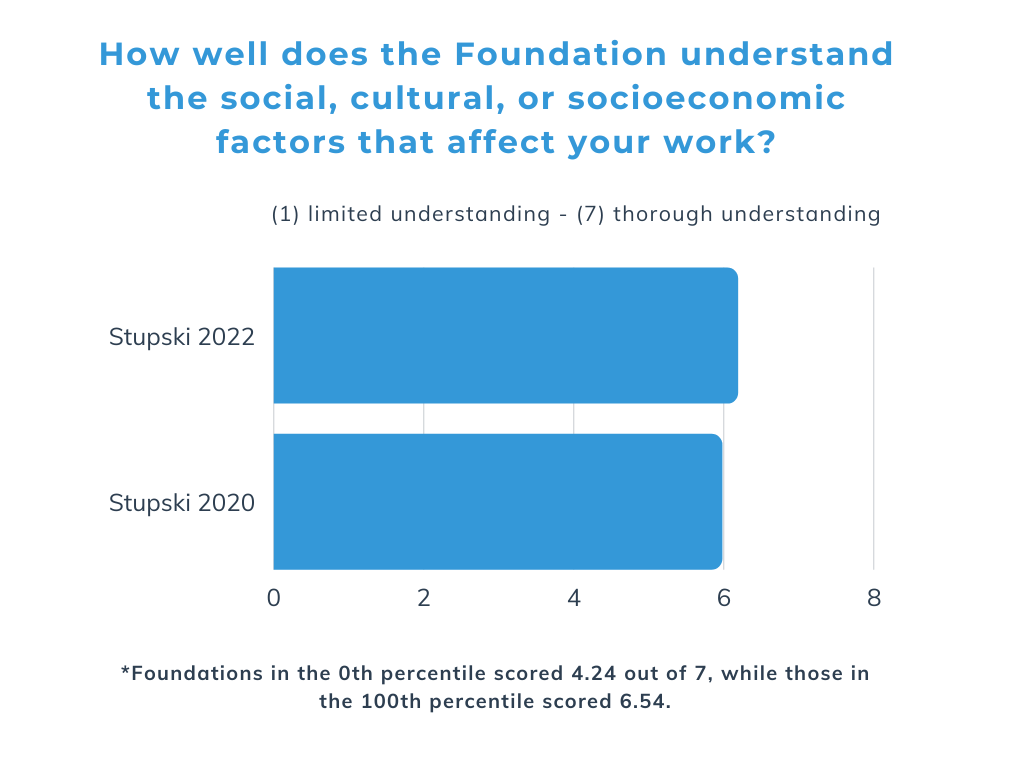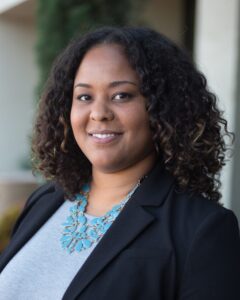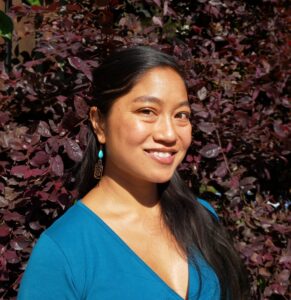Stirring Change:
Fresh Insights on Our Grantmaking Practices
October 10, 2023
Welcome (back) to our grantmaking test kitchen! We are pleased to share a new menu of results and reflections from our latest Grantee Perception Report (GPR) with the Center for Effective Philanthropy. Our work has evolved since our last survey in 2020, significantly informed by grantee partners’ honest and nuanced feedback. The results are motivating us to continue to simplify our grantmaking processes; build learning and supportive partnerships; and clarify and communicate our vision, funding priorities, and spend down strategies.
In this recap, you will hear from Foundation staff about what changed in our work over the last three years. We also highlight feedback from partners, practices we will continue based on that feedback, recipes we need to rework, and what comes next as we enter the latter half of our spend down.
What’s rising (to the surface)? Changes we are noticing.
In our first GPR, we received feedback on areas to improve our grantmaking. Since then, we have deepened our understanding of the systemic inequities that divide the nation and our communities along racial, ethnic, gender, and other identity lines and have begun to align our grants to advance equity across our communities. We hired staff with lived experience and connections to the communities where we work. We retooled our strategies and grantmaking practices in response to the dramatic shifts in needs during the COVID-19 pandemic. We redesigned and continue iterating our grantmaking process to be more nimble, responsive, and grantee partner-centered.
Three changes stand out:
- Grantee partners are now spending less time fulfilling our requirements.
- Grantee partners feel we have a greater understanding of the social and cultural forces that impact their work.
- More grantee partners think we demonstrate a commitment to racial equity in our work.
We are encouraged to see that the changes we have made in recent years are translating into less burdensome processes, us understanding their work, and grantee partners experiencing our stronger commitments to racial equity. One of the most promising findings from the survey is the significant decline in hours grantee partners spend on applying, reporting, and meeting our requirements. Grantee partners who completed the survey reported spending an average of 20 hours on Foundation requirements, down from an average of 30 hours in 2020. As one grantee partner shared,
“We are grateful for the trust-based philanthropy approach. Minimizing grant proposal and reporting requirements is an equitable practice that enables our organization to spend more resources on our work, rather than administrative activities.”
In many of our relationships, we have shifted away from formal check-ins with heavy evaluation requirements to more informal, relational touchpoints focused on learning, supporting grantee partner wellness, and community building. Bay Area Postsecondary Success Program Officer Malila Becton-Consuegra reflected on this finding and how Stupski can continue to reduce burdensome requirements and abandon reporting structures that don’t serve us or grantee partners.
What’s sticking (to our ribs)? Practices we will continue.
We are paying close attention to which practices should stick. Specifically, we heard appreciation from partners for being in a learning and supportive partnership instead of operating from a posture of control and assessment (as we had in some relationships earlier in our spend down).
One grantee partner reflected, “Stupski Foundation has acted more as a partner vs. a funder. We have never experienced this level of partnership from a foundation that is authentic, curious, and genuine in working with grantees to drive our solutions that are community-led and driven.”
Another noted, “We do consider Stupski’s approach to partnering with BIPOC communities to drive their priorities and resource them at a level that creates innovation, creativity, and community-driven solutions that will unfold with the level of resources invested … This method of funding and investment in BIPOC-led learning and solutions is something I hope influences philanthropy in the field more so we can get deep and move some needles at a systems or community level.”
As a funder who holds wealth, power, and privilege, we know that power dynamics will always be present between us and grantee partners. Because of that, we commit to following communities’ lead to support vibrant ecosystems that advance racial equity, honor diversity, and promote justice. We were grateful to learn in this GPR that many partners experience work with us as open, authentic, and supportive of their leadership. Director of Food Justice Aileen Suzara shares how this feedback reinforces our commitment to racial equity and justice.
What needs seasoning? Practices we need to rework.
When trying new recipes, there are bound to be a few flops. The GPR revealed three key areas where we need to work on our grantmaking practices:
- Be clear about new practices from the outset and how they may differ from traditional philanthropic practices or what we have done in the past.
- Broker relationships with other funders to support grantee partners’ work as we prepare to spend down.
- Communicate more about our commitment to racial equity, our strategies, how grantee partners fit into Stupski’s goals and vision for change, and our learning during the spend down.
In written comments, grantee partners suggested we clarify our values and funding strategy.
For example, grantee partners would like to hear more about “the Foundation’s stance on race and racism [directly]” or have “explicit conversations with the funder about what it would mean in terms of outcomes/priorities to get multi-year or additional funding.”
We are clarifying our new practices with existing partners and will be clearer about them from the outset in new relationships, especially with practices like unlimited grant terms, so that grantee partners understand our intention to maximize flexibility with grant funds. As Aileen shares, we need to be clearer with our language when rolling out new practices so that it makes sense to partners.
What’s next? The next course.
We will listen to and act on partners’ feedback to evolve our practices. We also commit to continue making longer- or unlimited-term grants, larger grants, and fewer restricted grants.
We will:
- Reduce paperwork to support grantee partners in focusing their energy and resources on driving community impact.
- Be clear about the structure and engagement we commit to and request in grant relationships.
- Build relationships and organize with peer funders to ensure grantee partners have continuous support after we spend down.
- Foster open communication and support through touchpoints that center on grantee partners’ experiences.
As our Grantmaking Practices Manager Daniel Ovideo shares, we are looking forward to putting the feedback we received into action, particularly in creating spaces for co-learning and collaboration.
We appreciate everyone who shared their time and thoughtful insights in this GPR. Your feedback plays an important role in our test kitchen.
To Amber Bradley, Joyce Cheng, and Kevin Bolduc at the Center for Effective Philanthropy, we appreciate you too! Your thoughtful engagement throughout the process is guiding us forward.
As we spend down in the next five years, we will keep grantee partners’ perspectives at the forefront of our work. As Daniel shares, we are always here and ready to listen beyond the GPR. We thank you for sharing feedback to help us become a more effective partner.
We look forward to sharing more about what we learn and advocating for meaningful evolution in philanthropic grantmaking practices. Onward!
Flavor, Texture, Color, Shape: Dessert!
Because there is always room for dessert, here are some of the thought pieces informing our work.
- Meeting the Need: Building the Capacity of Community-Based Organizations
- Reimagining Capacity Building: Navigating Culture, Systems & Power
- The End of Affirmative Action: I Am Shaken But Unbowed
- Participatory Grantmaking: What Practitioners Have to Say
Our Contributors
Gwyneth Tripp, Director of Grantmaking Practice
Daniel Oviedo, Grantmaking Practice Manager
Stacy Lopez, Grantmaking Practice Assistant
Malila Becton-Consuegra, Bay Area Postsecondary Success Program Officer
Aileen Suzara, Director of Food Justice
